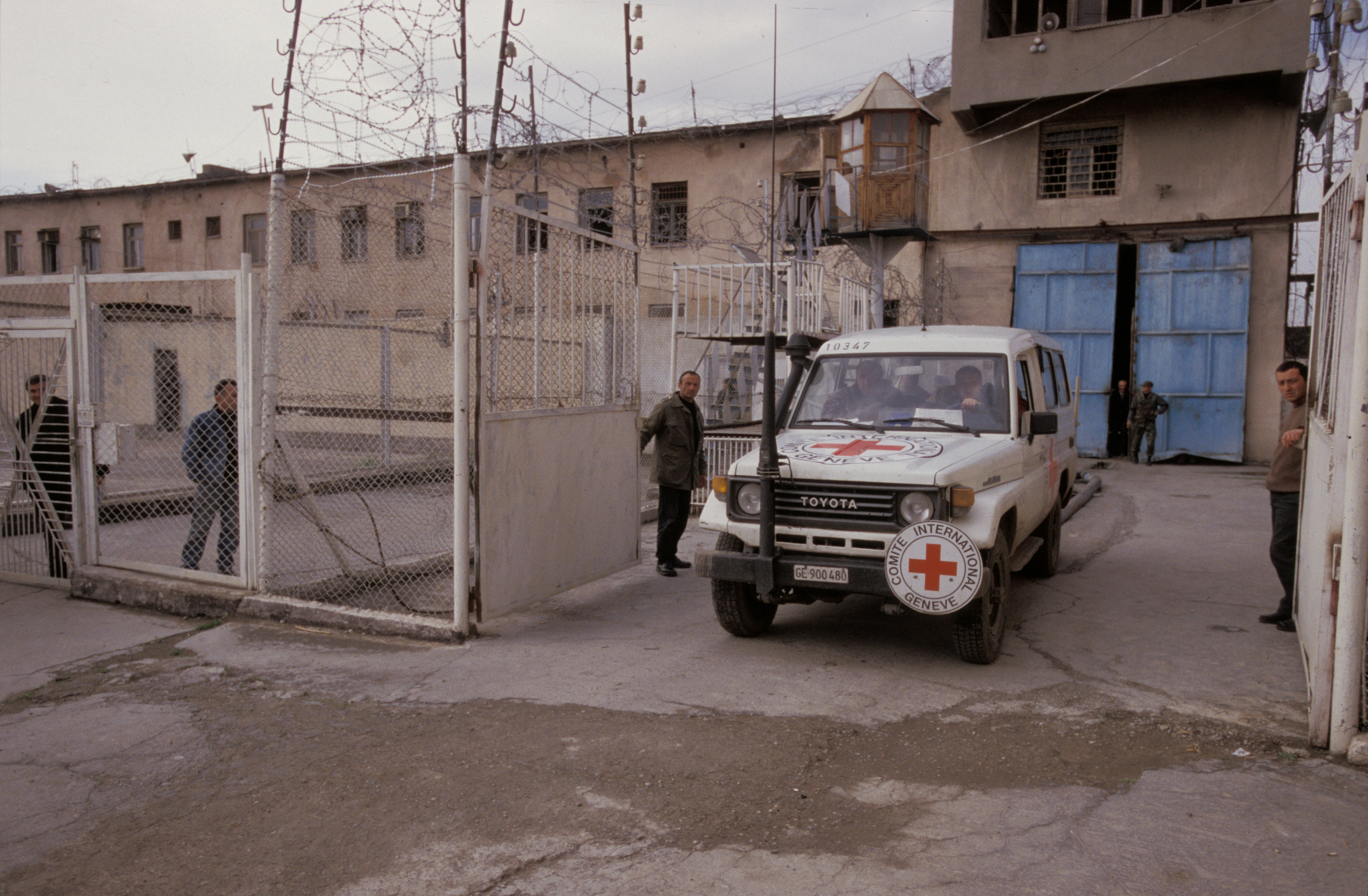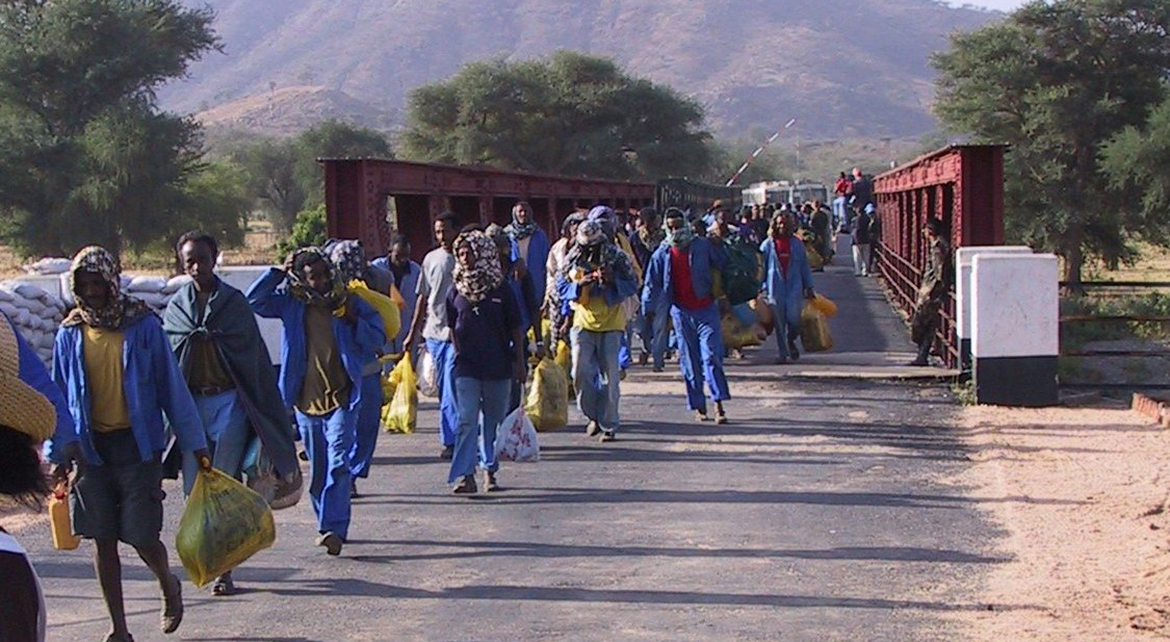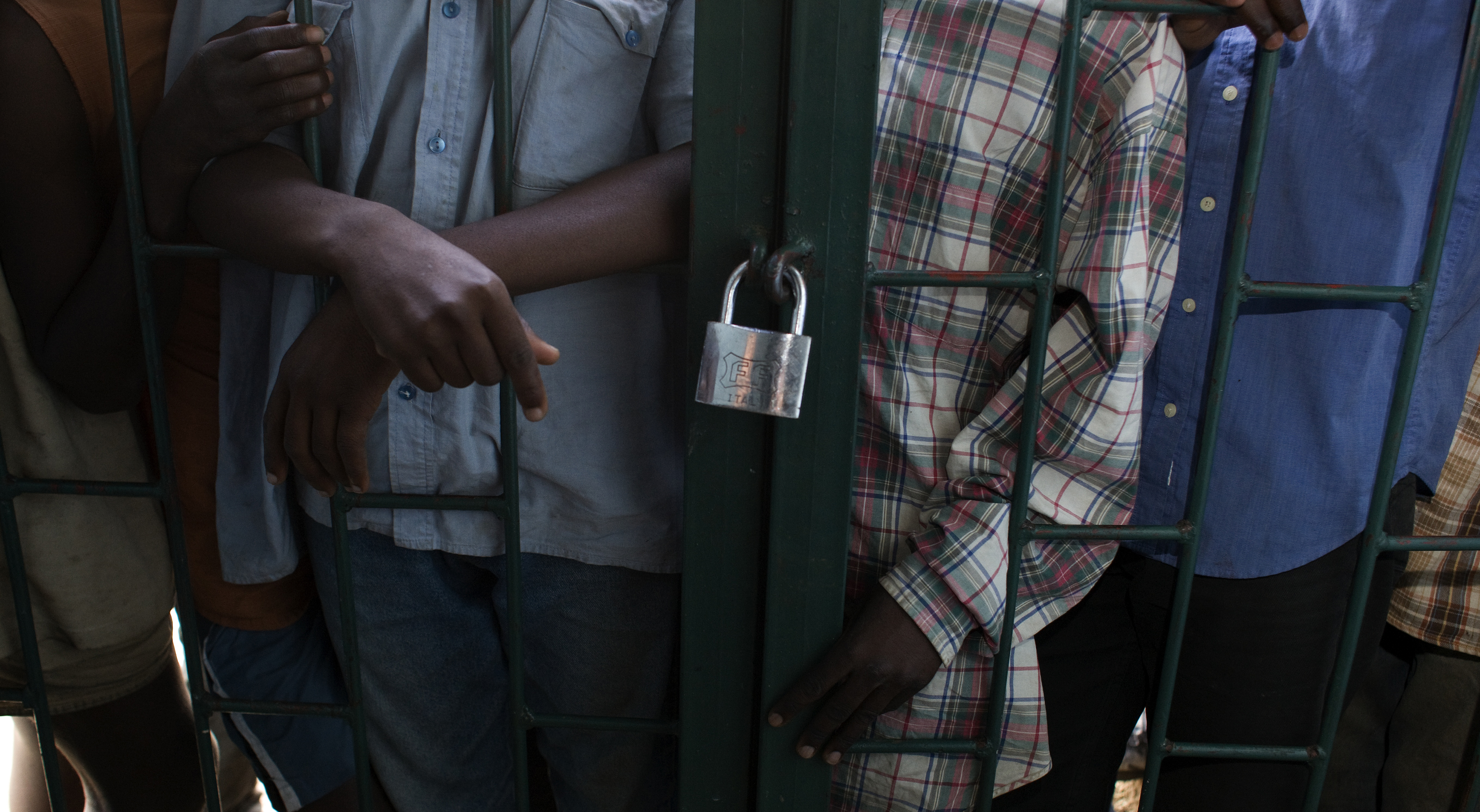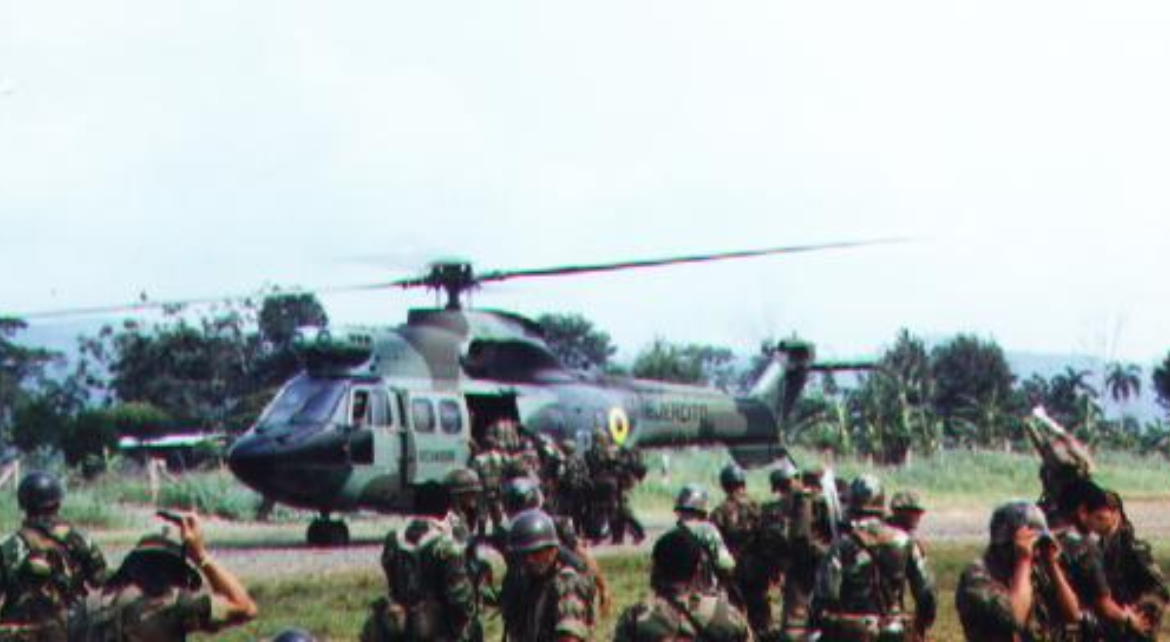Case prepared by Francesca Romana Ferrone, Joseph Gitata and Giovanni Medici Tornaquinci, LL.M. students at Roma Tre University under the supervision of Giulio Bartolini (IHL Professor), Tommaso Natoli and Alice Riccardi (Research assistants), Roma Tre University IHL Legal Clinic.
A. GEORGIA/RUSSIAN FEDERATION: ICRC DELIVERS ASSISTANCE TO CIVILIANS IN CONFLICT AFFECTED AREAS
[…]
What is the ICRC doing to help those affected by the conflict?
On Monday 11 August, an ICRC team was able to visit two wounded Russian pilots, who are being detained by the Georgian authorities. The visit was carried out in accordance with normal ICRC working modalities and the meeting took place in private. Each of the pilots was given the possibility of exchanging news with their families by means of a Red Cross message. We are told they are both fine.
The ICRC continues to seek access to all people captured or arrested in connection with the conflict.
How does international humanitarian law apply to this situation?
This is an international armed conflict and as such the four Geneva Conventions, their Additional Protocol I and the customary rules and principles of international humanitarian law are applicable.
[…]
People who are not directly participating in the hostilities – including those who surrender or who are no longer able to fight because they are wounded, sick or have been captured – must not be attacked and must be treated humanely.
The ICRC has officially reminded Georgia and Russia of their obligation under international humanitarian law to protect civilians and distinguish at all times between civilians and combatants.
B. BACKGROUND: SIX-POINT PEACE PLAN FOR THE GEORGIA-RUSSIA CONFLICT
Through European Union mediation, Russia and Georgia have agreed to a six-point deal to diffuse their military conflict in South Ossetia.
The agreement is not a peace settlement but provides the basis for a legally binding text to end the fighting and pave the way for a political solution.
The United Nations Security Council is to formalize the six principles.
[…]
Russian President Dmitry Medvedev and his Georgian counterpart Mikheil Saakashvili agreed to all six points in talks with French President and current EU head Nicolas Sarkozy on August 12.
The six principles:
1. No recourse to use violence between the protagonists. Sarkozy: This applies to everyone: Ossetians, Abkhazians, Georgia in its entirety and Russians.
2. The cessation of hostilities.
3. The granting of access to humanitarian aid.
4. The return of Georgian armed forces to their usual quarters.
5. Russian armed forces to withdraw to the positions held before hostilities began in South Ossetia. Russian peacekeepers to implement additional security measures until an international monitoring mechanism is in place. Sarkozy: These measures affect only the immediate vicinity of South Ossetia and in no instance the entire territory of Georgia.
6. The opening of international discussions on the modalities of security and stability of South Ossetia and Abkhazia.
[…]
C. RUSSIA AND GEORGIA IN TENSE EXCHANGE OF PRISONERS
Georgia hopes the prisoner swap will hasten a Russian troop withdrawal from its territory.
The 15-minute handover took place on a highway 30 miles west of the capital Tbilisi in the village of Igoeti, where Russian troops are firmly entrenched.
Two Russian helicopters landed in nearby fields and several uniformed, unarmed men were escorted in single file by Russian soldiers to the centre of the road, witnesses said.
Soldiers and men in unmarked clothing got off and two people in stretchers were taken to Georgian officials.
Georgia said it handed over five Russian servicemen, in exchange for 15 Georgians, including two civilians. Officials from both sides shook hands and signed a prisoner-exchange at a table set up in the road.
“The process went smoothly. It was mediated by the French ambassador,” said Georgian National Security Council secretary Kakha Lomaia.
“He said Tbilisi believed Russia was still holding two Georgian soldiers, captured during fighting for control of Tskhinvali, capital of Georgia’s breakaway South Ossetia region.
Everything went according to the agreement,” said Major-General Vyacheslav Borisov, commander of Russian forces in the region. “We agreed on future exchanges if there are other prisoners.”
[…]
D. INDEPENDENT INTERNATIONAL FACT-FINDING MISSION ON THE CONFLICT IN GEORGIA
[…]
Chapter 7: International Humanitarian Law and Human Rights Law
[…]
III. Main facts and related legal assessment
[…]
B. Treatment of persons and property in areas under changing control
[…]
d) Detention of combatants
[…]
Georgia indicated that:
“All Georgian-held prisoners were exchanged for the 159 Georgian civilians and 39 POWs held under Russian authority. The ICRC was afforded unimpeded access to Georgian detention facilities and visited three of the five POWs – the other two were taken prisoner late in the war. The ICRC visited facilities maintained by the Ministries of Defence and Justice on a number of occasions, inspecting the conditions in which not only the POWs were detained, but also those of the detained members of separatist illegal armed formations.
“Those detained in the context of the conflict were placed separately from other prisoners.”
[…]
Discussion
I. Classification of the Situation and Applicable Law
1. How would you classify the situation in Georgia in 2008? What further information, if any, would you need in order to make such a determination?
2. Which rules of IHL applied to the situation involving Georgia and Russia? (
GC I-IV, Art. 2;
P I, Art. 1) Does the classification of the situation matter to determine whether IHL was respected in this case?
II. Treatment and Release of POWs
4. Are States obliged under IHL to grant the ICRC access to visit the POWs in an international armed conflict? If yes, does this obligation extend to the period following the cessation of active hostilities? Is access to detainees by the ICRC subjected to any particular conditions? Can the detaining power prohibit or restrict ICRC visits to persons detained in relation to an armed conflict? (
GC III, Art. 126;
GC IV, Arts 76,
143;
CIHL, Rule 124)
5. What does IHL say about release and repatriation of POWs? When shall the POWs be released? Repatriated? Can the release of POWs occur without repatriation? Is the signature of an agreement between the Parties to the conflict a necessary precondition for the release and repatriation of POWs? Can POWs be unilaterally released during the armed conflict? (
GC III Art. 118;
CIHL, Rule 128)
III. Elements Contributing to respect for IHL
6. Do you think the Six Point agreement influenced the respect of IHL by Russia and Georgia? What was the role of external actors, such as the European Union, in facilitating the agreement? In your opinion, did the fact that the United Nations Security Council would formalise the Six Point agreement contribute to the respect of IHL by the parties to the conflict? How? Can external involvement improve the compliance with IHL by the parties to the conflict?
7. Is the principle of reciprocity recognised under IHL? In the release and repatriation of POWs? In your opinion, can positive reciprocity contribute to the respect for IHL by the parties to the conflict? Can simultaneous release of POWs be seen as an example of such positive reciprocity? Can the release of POWs, and in general, compliance with other rules of IHL, be useful in opening a dialogue between the parties to the conflict and in finding a peaceful solution to the conflict?
8. In your opinion, can the ICRC or other humanitarian organizations play a positive role in the process of simultaneous release of POWs? Why? How? Do you think granting of access to the ICRC to visit the POWs can positively influence the behaviour of the adversaries?
9. (Document D) What is the Independent International Fact-Finding Mission on the Conflict in Georgia? What has been its role in the post-conflict scenario? Do you think it is important to establish facts and to assess conduct of parties to armed conflicts? Why? Can such processes contribute to improve future compliance with IHL?




